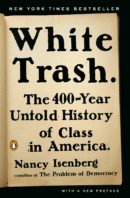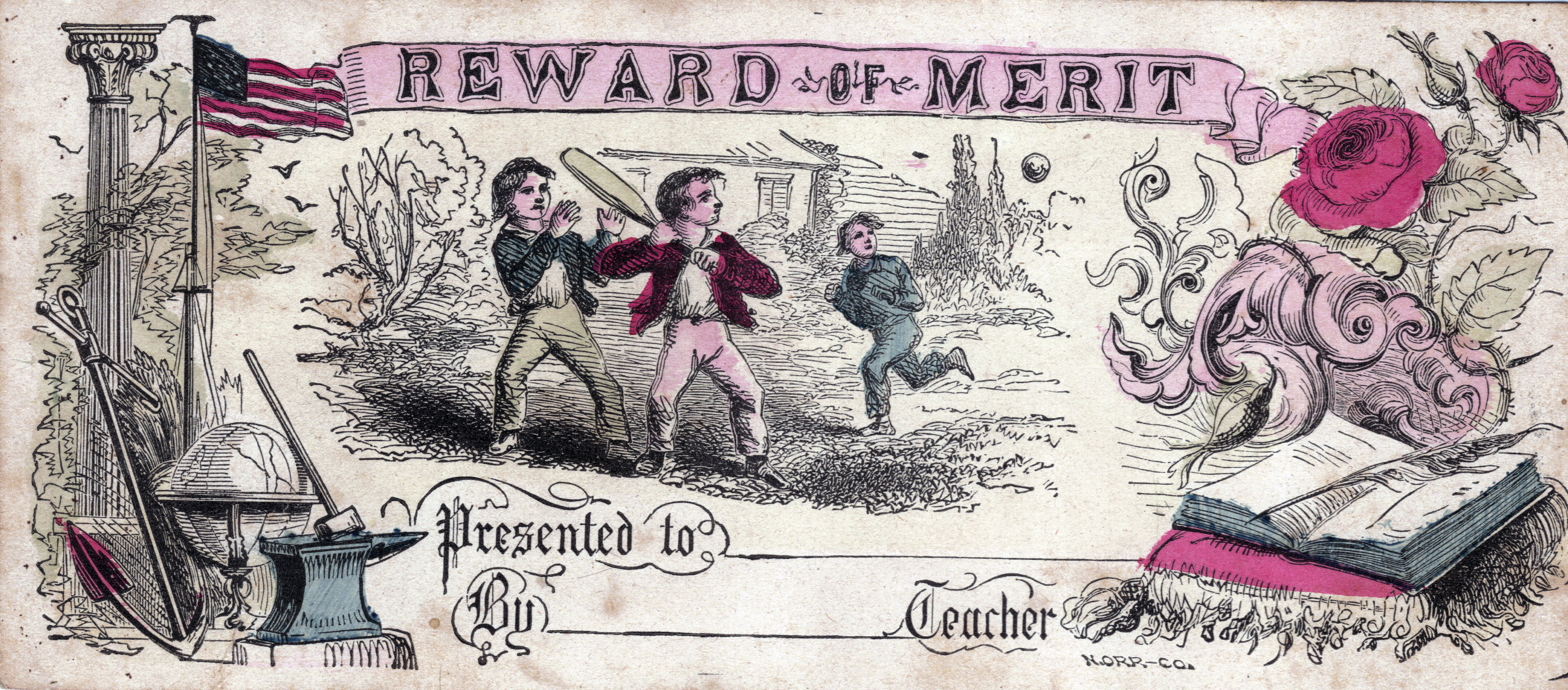The thing about meritocracy
Now that President Joe Biden and Vice-President Kamala Harris have turned the page on Donald Trump, it is a good time to discuss the status of meritocracy. It turns out that meritocracy, which lies at the center of the American idea of success, is making a lot of people very angry.
The idea that America is a society where success is based on skill, imagination, talent, and hard work (i.e. merit) is healthy, and central to what America has achieved throughout its history. It is a good thing. But the thing about extolling meritocracy is that it has unintended consequences we may not fully appreciate. It turns out that belief in meritocracy also appears to undermine a lot of people, just as the absence of meritocracy can ruin a society.
But before we get to the meat of the matter, what does the absence of meritocracy look like? Take Venezuela as an example. From 2004 through 2009, President Hugo Chavez began a very public campaign to eliminate meritocracy. The mere term became politically charged and offensive to the ears of those in government and their supporters. Oil experts and engineers who had forged careers over decades in the state-controlled oil sector were fired. In the central bank board, economics PhDs became suspect, and gradually replaced with union leaders and political activists with no understanding of monetary policy. In other words, anyone who had worked hard to achieve some form of expertise was seen as the enemy. The only thing that mattered was absolute allegiance to Chavez or to “the people”. We saw similar disrespect for expertise, effort, or science, and demands for loyalty, under Trump (think of the Trump years as a warning).
America’s meritocracy
This brings us to America’s meritocratic ethos. America is a nation where a poor white boy from Arkansas (Bill Clinton) or a black man with an unusual name like Barack Obama can become president. Kamala Harris’ life story proves that smart, hardworking immigrants like her parents from Jamaica and India can succeed and raise a daughter to become the first female vice president. America’s history is littered with examples of how hard work and genius led to success in fields like software, finance, the automotive industry, fast food, you name it. But believing that America is as pure a meritocracy as it gets, suggests that success in this country is the result of individual effort, and little else. In other words, those who have not been successful have no one to blame but themselves – they just did not work hard enough.
As the Swiss-born British philosopher Alain de Botton warns: “…If you really believe in a society where those who merit to get to the top, get to the top, you’ll also by implication and in a far more nasty way, believe in a society where those who deserve to get to the bottom also get to the bottom and stay there.” See De Botton’s intervention here. De Botton argues that in the Middle Ages people thought of success as being favored by “fortune” and were keenly aware that fortune could also take it all away. The poor were seen as “unfortunate” not “losers” because success was perceived to be outside their control.
The reason I bring this up is that struggling Americans feel they have failed and that society sees them as “losers” or “lazy” individuals who are not equipped to function in a culture of hard work and excellence. Millions of Americans, especially those living in Middle America, feel this way (and a large chunk of them by the way voted for Trump, again). The reason the US has developed a taste for angry populism is at least partly based on those millions who feel they cannot live up to the country’s meritocratic ideal, and by extension feel looked down upon by those living in the multicultural, economically thriving, liberal-leaning coastal states. Resentment over meritocracy is a big contributor to what Biden described in his inaugural speech as America’s “uncivil war”.
Bamboozled
This is where the white underclass comes in. This segment of society is the only community that for many years has been seen as an acceptable target for jokes and contempt in an American society that is otherwise very respectful of race, creed, and sexual orientation. Words like “white trash”, “redneck”, and “hillbilly”, are derogatory terms for poor whites often heard in polite conversation in cities like New York or Los Angeles. Proof of that is the popularity of reality television shows that poke fun at poor, uneducated, obese people often struggling with drug addiction and sexual abuse. Think of the famous “Here comes Honey Boo Boo” show that depicts the antics of a poor, overweight, and precocious young white girl, or its sequel “Mama June from Not to Hot”, showing the life of Honey Boo Boo’s mother after her weight loss due to bariatric surgery. Others include Moonshiners (folks who produce illegal moonshine liquor in places like Kentucky or the Appalachian mountains), and Duck Dynasty (a family of duck hunters in the Louisiana bayous). These are minstrel shows were the buffoons are not African Americans, Latinos, or Asian Americans, but the poor white underclass.
Foreigners, especially Europeans, find it acceptable to think of Americans as obese rubes who are uneducated about the world. Well off Americans have adopted the same unacceptable and dangerously inflaming attitude toward the poor of their own country.
So, what are the takeaways? For starters treat socioeconomic differences with the same care as you do race, religion, and sexual orientation. And remember that good and bad luck, and a lower start up point in life – not just hard work – have a lot do with how people turn out.
For business: Be aware of the challenges of your less fortunate employees and clients, and become attuned to how you are perceived by various socioeconomic groups in the communities where you operate. These are people who have something to contribute, and who consume the products businesses produce.
For leadership: It is unacceptable for a political leader of any stripe to allow or even tacitly accept from his or her constituents the propagation of nasty stereotypes that undermine a large chunk of the population. Politicians should work to encourage a culture of acceptance, understanding, and support for the country’s struggling poor.
For our everyday lives. Do not judge people too easily by their station in life. Make an effort to find ways to engage with people with different socioeconomic experiences, understand how they think, be sensitive to their concerns and problems. Living in enclaves of like-minded, and equally successful, people already narrows the breath of our experience as human beings, and it is guaranteed to anger the other half.
In other words if we want our meritocratic-minded societies to thrive and improve, even survive, it is unacceptable to allow millions to be abandoned and be treated as, well, trash.
What I’m (Re) Reading
 The book White Trash: The 400-Year Untold History of Class in America (Penguin, 2016) by Nancy Isenberg, hit stores just as Donald Trump came into office, and helped explain the anger that got him elected. It is equally important reading now that Trump has left the scene.
The book White Trash: The 400-Year Untold History of Class in America (Penguin, 2016) by Nancy Isenberg, hit stores just as Donald Trump came into office, and helped explain the anger that got him elected. It is equally important reading now that Trump has left the scene.
The term “White Trash”, is commonly used to describe the permanent white underclass, people who live hand to mouth, depend on government subsidies, struggle to find jobs, and live in trailer parks and other blighted areas of the country. The term is also extended at times to include God-fearing, conservative-voting folks who live mostly in what is also known as “fly-over country”, meaning states that make up the middle section of America.
Isenberg’s book is a must read for many reasons. First, it debunks the idea that America is a society where class distinctions don’t exist. According to Isenberg class is instead referred to in America as “ethnic heritage,” and disguised as a cultural phenomenon. Second, Isenberg gives an erudite tale of how poor whites became social outcasts. And third, the book gives us a glimpse of other populist, folksy politicians like President Andrew Jackson or Louisiana Governor Huey Long, who championed the ignored, debased members of society long before Trump came along.

Share this